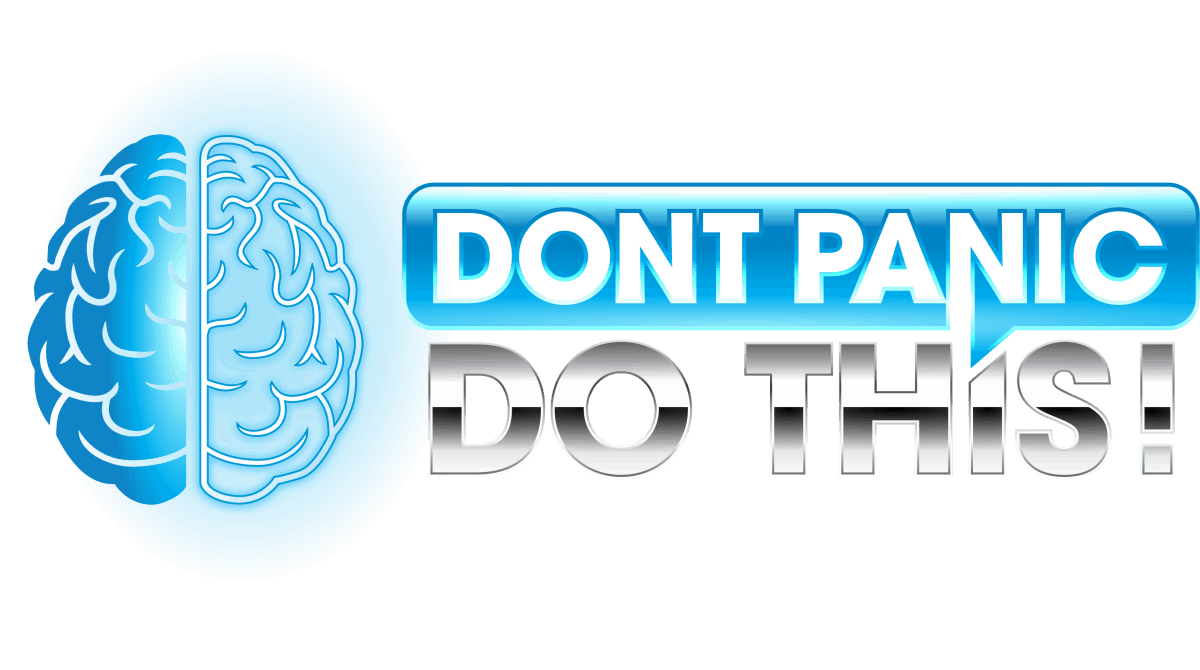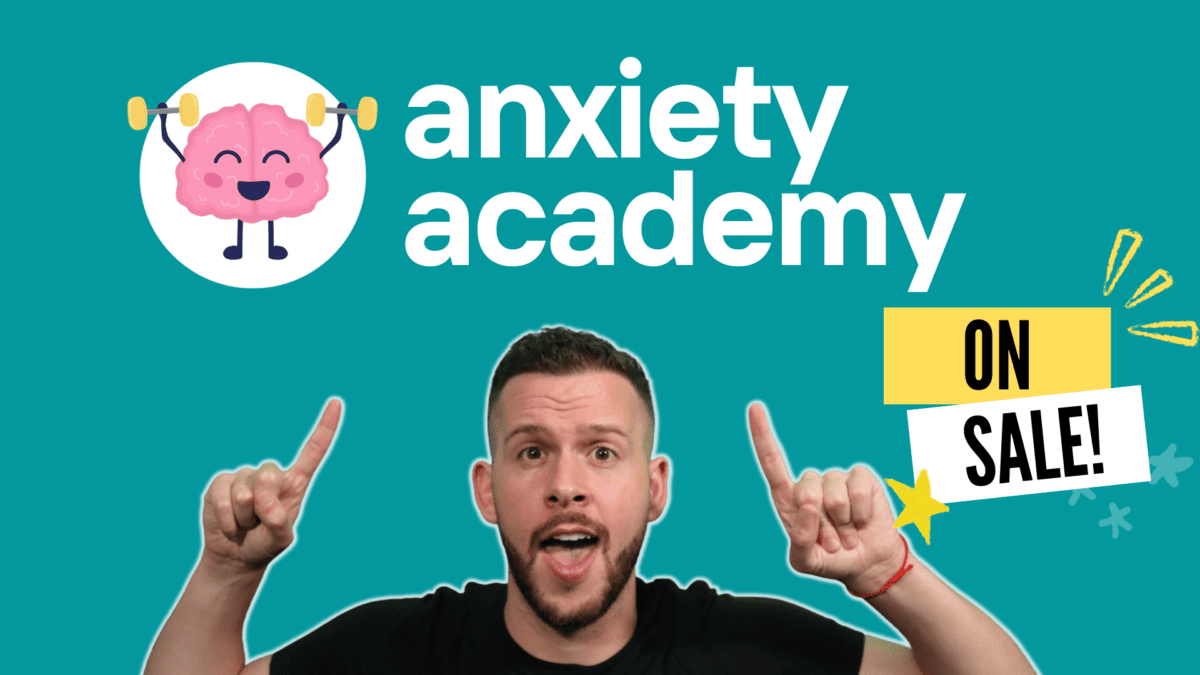What is Social Anxiety Disorder, and how do you know if you have it?
Jitters before a job interview? Nervous to meet your new girlfriend’s family? Stressing about the class presentation that’s a month away?
These are just a few examples of social anxiety; something almost all of us will experience at some point. Very few people are completely immune to the effects of social anxiety, due to defense mechanisms in our DNA.
Social Anxiety such as this is often normal and expected in most healthy individuals.
Social Anxiety Disorder is where things get trickier.
Often called SAD or social phobia, social anxiety disorder is more than just shyness. This disorder involves all of the usual anxiety symptoms but the anxiety is specifically triggered by social situations.
People suffering from SAD may experience anywhere from mild to severe anxiety. This anxiety can come about before, during, after, or just from thinking about social situations.
Sufferers of social phobia may feel anxious engaging in even the most simple and routine social scenarios. Their whole day could be ruined just thinking about how they may see someone they know at the grocery store. They may skip out on important family events like birthdays or weddings due to their anxiety. In extreme cases, a person may slowly and completely isolate themselves to avoid uncomfortable or routine interpersonal interactions entirely.
While mild social anxiety is often nothing to worry about, worsening social phobia is no laughing matter.
Avoidant behavior shrinks anxiety sufferers’ comfort zone over time and can lead to even more crippling disorders such as agoraphobia.

Symptoms of SAD
- Any of the physical and emotional symptoms of general anxiety
- Excessive fear of interacting with strangers
- Fear of being judged, evaluated, or criticized
- Worrying about embarrassing yourself or being humiliated
- Fear that others will notice your anxiety
- The feeling of being unable to escape an undesirable situation
- Overthinking or overly anticipating a social event
- Dreading or avoiding any kind of social situation
- Ruminating negatively on past social interactions

Social Phobia Treatment
SAD is often treated by professionals with Cognitive Behavioral Therapy (CBT), Psychotherapy, and prescription medications.
CBT and Psychotherapy can certainly be effective at treating social phobia. You should avoid prescription medications when possible to avoid developing tolerance and dependence.
Consider lifestyle changes such as diet, exercise, yoga, and meditation to help keep the brain healthy and prevent anxiety.
Exposure therapy coupled with anxiety supplements works wonders to combat social phobia. Supplements like phenibut may help greatly to reduce stress when used sparingly. I personally love taking phenibut before stressful social events for the relaxed and euphoric feeling it gives me.
You should avoid prescription medications except in extreme cases and when insisted upon by a doctor.

